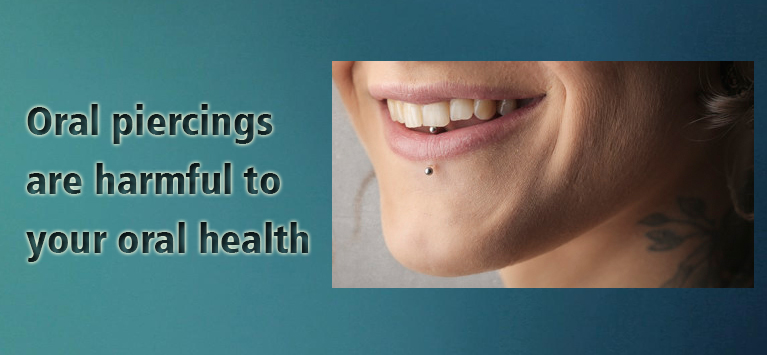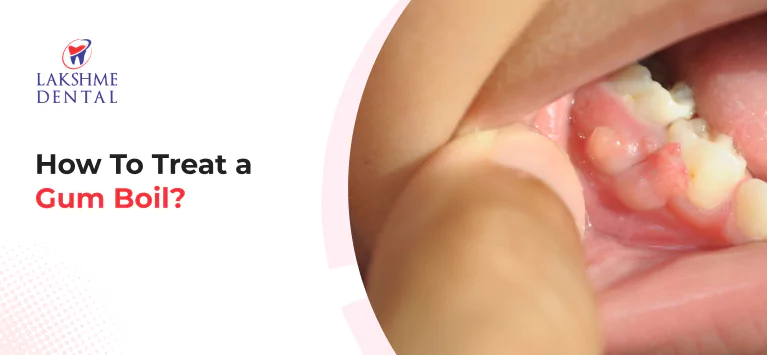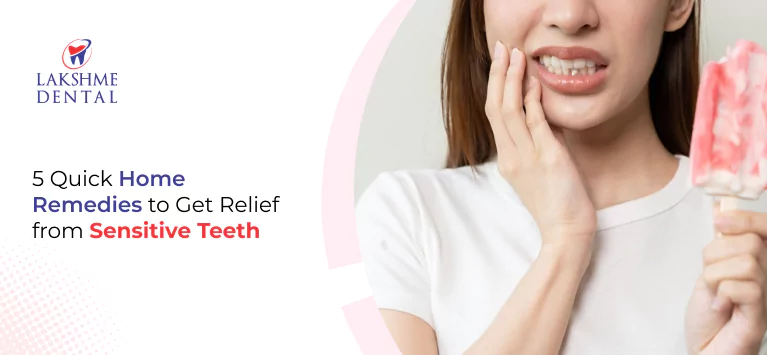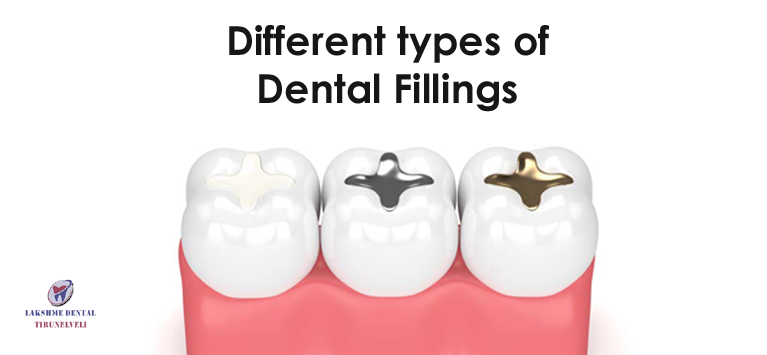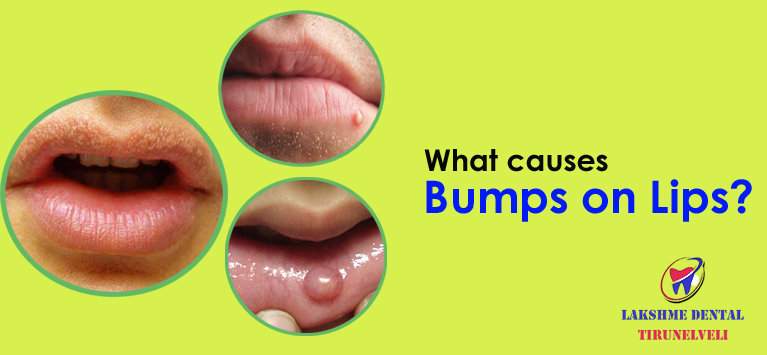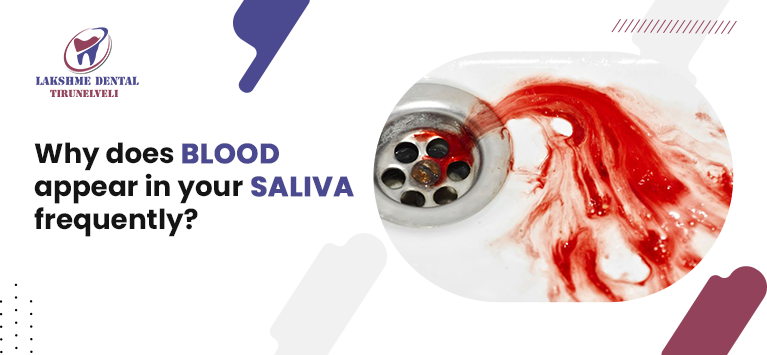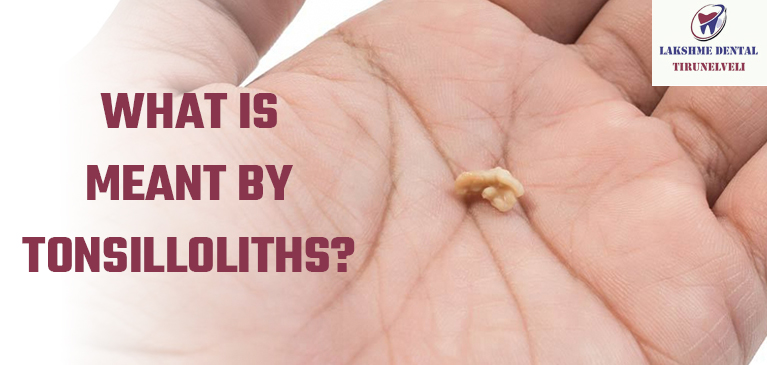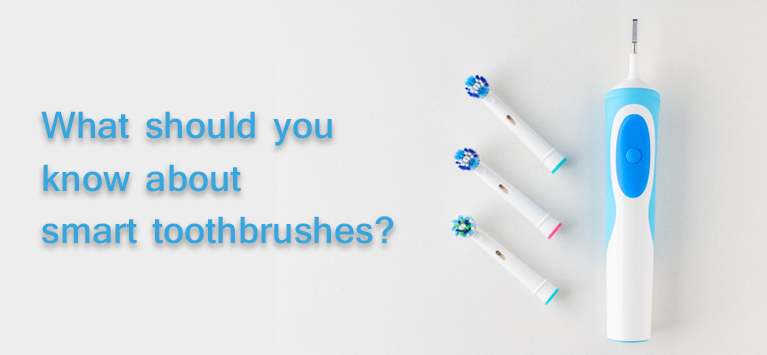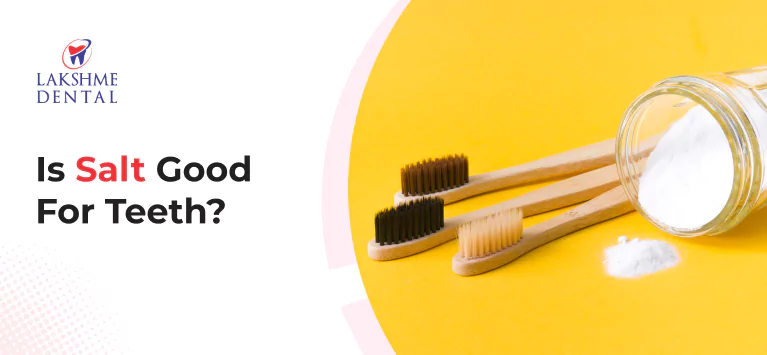
Is Salt Good For Teeth?
When it comes to maintaining oral health, people are often looking for natural remedies and alternatives to expensive dental products. Salt, a common household item, has long been used in various cultures for health purposes. But, is salt good for teeth? Can it help with maintaining a bright smile and healthy gums?
In this article, we will explore the relationship between salt and oral health, its benefits, and how to use it safely for dental hygiene. We’ll also examine any potential risks that may arise from overusing salt in oral care.
The Basics of Salt and Oral Health
Salt is a naturally occurring mineral mainly made up of sodium chloride (NaCl). It’s not only a staple in cooking but has also been used in traditional medicine for centuries due to its antibacterial, antiseptic, and healing properties. Salt’s natural ability to balance pH levels and reduce inflammation makes it an appealing option for promoting oral health.

In fact, saltwater rinses have been a go-to solution for a variety of oral concerns, from soothing sore gums to helping with minor mouth injuries.
But, does it actually contribute to stronger teeth, better gums, and fresher breath?
Benefits of Salt for Teeth and Gums
Antibacterial Properties
Salt’s antibacterial properties are one of its most valuable traits in oral care. Studies show that salt can help kill bacteria in the mouth, reducing the build-up of harmful microbes that contribute to plaque formation, gum disease, and bad breath. A simple saltwater rinse can significantly reduce the bacterial load in your mouth, making it an effective natural remedy for cleaning your teeth and gums.
How it works: The salt creates an osmotic effect, drawing water out of bacterial cells, which ultimately leads to their destruction. This process helps prevent the accumulation of bacteria that could otherwise lead to cavities, gingivitis, and other oral infections.
Soothes Sore Gums and Mouth Ulcers
Saltwater has long been used as a home remedy for soothing sore gums and mouth ulcers. The saline solution can reduce inflammation and promote healing in the affected areas. Whether you have swollen gums due to teething, minor injuries from dental work, or a canker sore, rinsing with saltwater can alleviate pain and promote faster recovery.
How it works: Salt has a natural healing effect by drawing out excess fluid from inflamed tissue and reducing swelling. This makes saltwater rinses a simple and effective solution for many common oral issues.
Freshens Breath
Halitosis, commonly known as bad breath, is usually caused by bacteria in the mouth. Since salt kills bacteria, it can effectively neutralize odors and leave your mouth feeling fresher. Saltwater rinses are commonly recommended by dentists as a quick and natural way to fight bad breath, especially after eating foods with strong odors or when you have a dry mouth.
How it works: By eliminating the bacteria that cause odor, saltwater helps to neutralize bad breath, leaving your mouth feeling cleaner and fresher.
Balances pH Levels in the Mouth
An acidic environment in the mouth can lead to tooth decay and erosion. Salt helps to balance the pH levels in your mouth, creating a more alkaline environment that is less conducive to the growth of harmful bacteria. This can protect your teeth from cavities and reduce the risk of enamel erosion caused by acidic foods and drinks.
How it works: Saltwater rinses neutralize acids in the mouth, helping to maintain a healthy balance and reducing the risk of dental issues caused by acidic conditions.
Improves Oral Hygiene
While salt itself cannot replace brushing and flossing, incorporating it into your oral hygiene routine can offer an added layer of protection. Using saltwater as a rinse after brushing can help remove any remaining bacteria and food particles, leaving your mouth extra clean.
How it works: After brushing, a saltwater rinse helps to eliminate any residual bacteria and reduce plaque buildup, making it a good supplementary practice to regular brushing.
How to Use Salt for Oral Care?
If you’re considering using salt to improve your oral health, there are a few ways to incorporate it safely into your routine:
Saltwater Rinse
A saltwater rinse is simple to make and can be used once or twice a day. Here’s how to prepare it:
Ingredients: 1/2 to 1 teaspoon of salt.
Instructions: Dissolve the salt in a glass of warm water. Swish the mixture around your mouth for about 30 seconds, making sure it reaches all areas of your mouth, including your gums and the back of your teeth. Spit it out and rinse with plain water afterward.
Salt Paste for Teeth Whitening
Some people use a salt paste to gently scrub their teeth and help remove surface stains. Salt has a mild abrasive quality, which can aid in polishing teeth without damaging enamel. However, this method should be used sparingly to avoid over-scrubbing the enamel.
Instructions: Mix a small amount of salt with water to create a thick paste. Gently apply this paste to your teeth using a soft toothbrush and brush for about a minute. Rinse thoroughly afterward.
Salt and Baking Soda for Deeper Cleaning
Salt can be combined with baking soda to make a natural toothpaste alternative. Baking soda is mildly abrasive and helps in neutralizing acids, while salt adds antibacterial benefits.
Instructions: Mix 1/2 teaspoon of baking soda with a pinch of salt and a few drops of water to form a paste. Use this mixture to brush your teeth as you would with regular toothpaste.
Are There Any Risks of Using Salt for Teeth?
While salt can offer benefits for oral health, it’s essential to use it in moderation. Overusing salt in oral care can have some drawbacks:
Enamel Erosion: Using salt too frequently, especially in abrasive forms like salt paste, can wear down the enamel on your teeth. Enamel is the protective layer of your teeth, and once it’s damaged, it doesn’t regenerate. Therefore, it’s important to avoid over-scrubbing or excessive use of salt for teeth whitening.
Sodium Intake: Excessive use of salt may contribute to higher sodium levels in your diet, which can be a concern for individuals with high blood pressure or heart issues. While the amount of salt used in oral care is generally small, it’s still something to be mindful of.
Irritation of Gums: Salt can be abrasive, and excessive or rough use may irritate your gums, especially if you have sensitive gums or open wounds in your mouth. It’s essential to be gentle when using salt in any form.
Conclusion
In summary, salt can be beneficial for maintaining oral health when used adequately. Its antibacterial properties can help reduce plaque buildup, fight bad breath, and soothe sore gums. However, it should not replace regular brushing and flossing or be used excessively to avoid potential risks like enamel erosion or gum irritation.
For optimal results, use salt in moderation and incorporate it as part of a broader oral care routine that includes regular brushing with fluoride toothpaste, flossing, and visits to the dentist.

